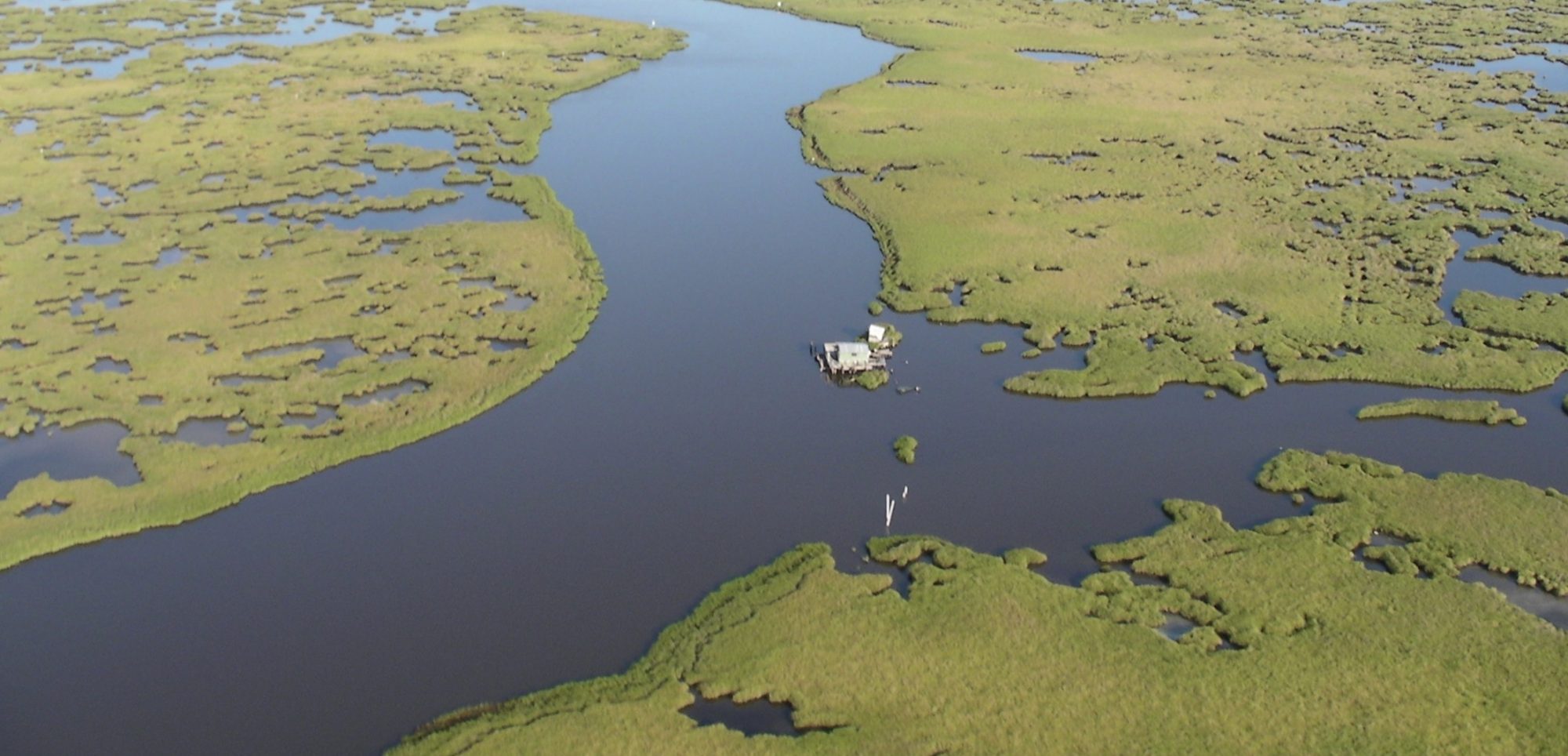
Ph.D. Candidate, University of Louisville
Field Travel Grant Type 1
Urbanization Effects on Hydrology and Community Composition of Forested Wetlands
“Natural areas in urban settings provide a unique opportunity to study how human activities alter conditions and resources for biological organisms, and how these alterations affect ecological interactions. Human modification of the landscape has the potential to alter abiotic and biotic inputs to depressional wetlands. Through various means, modification of these inputs can have cascading effects on the structure and function of the wetland system. Among the more common patterns are the incursion of invasive, facultative or upland species and a decline in species richness with increasing development in the surrounding landscape, a pattern that may largely be explained by the disruption of historic hydrology. The remaining forested wetlands of Jefferson County, Kentucky can provide a model system for further exploration of hypotheses about the effects of urbanization on wetland structure and function.
Specifically, I am interested in determining how changes in surrounding land cover may alter historic hydrologic patterns, and thus induce changes in plant community composition. Such compositional shifts may be measured as differences in total species richness, species identity, and the relative contribution of different species groups, such as obligate wetland, facultative wetland or upland species. Insight into future successional trends in these wetland areas will also be provided by examining the population size structure of trees in wetland forest patches in different land use contexts.”
